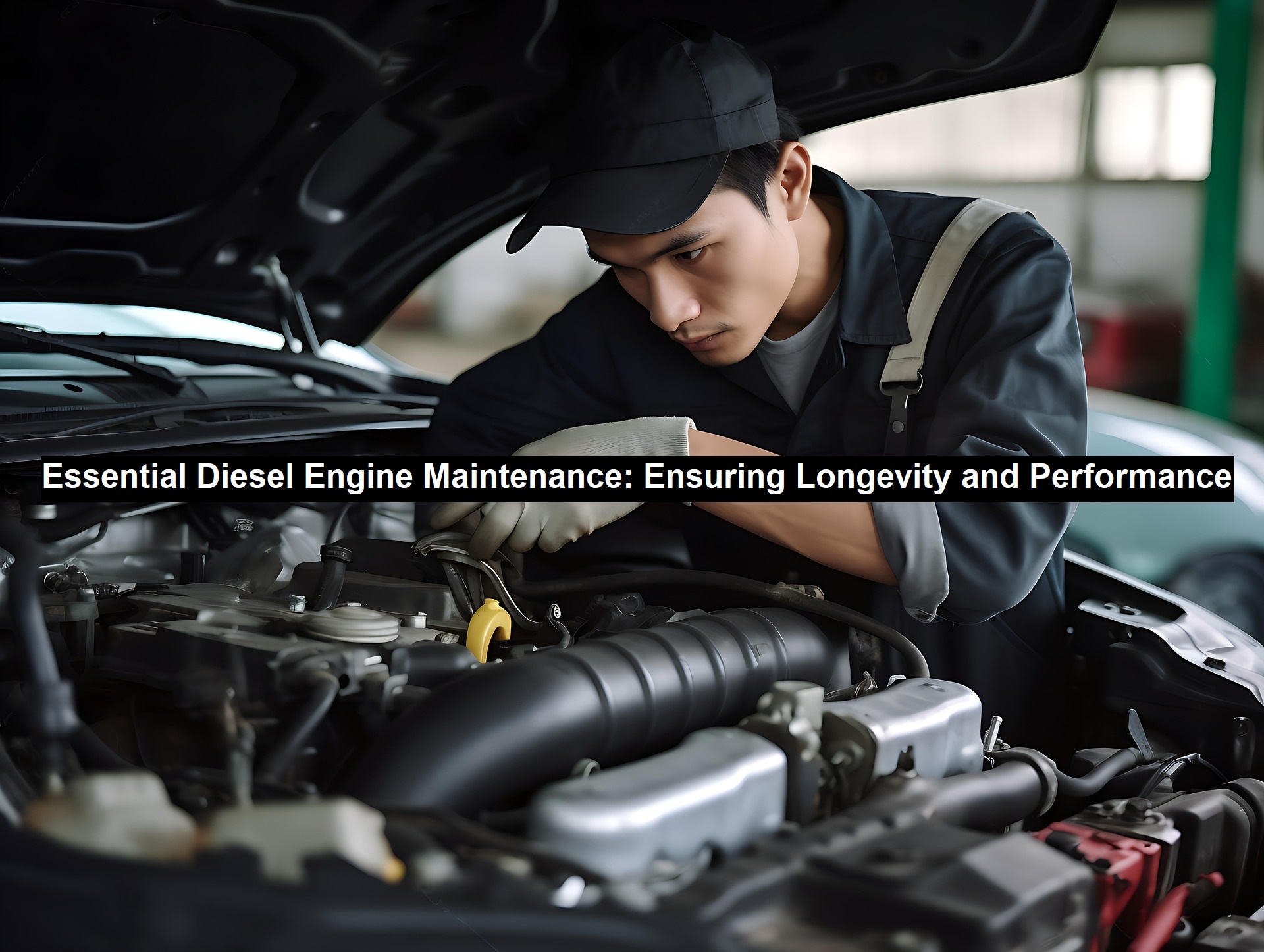Diesel engines are essential in many industries, powering everything from trucks and tractors to heavy construction equipment. Renowned for their robustness, these engines offer impressive longevity and efficiency, but only if they receive regular, attentive maintenance. Neglecting maintenance can lead to costly repairs, inefficiency, and a shortened engine life. This guide explores why diesel engine maintenance is essential for maximizing performance and minimizing downtime.
Understanding Diesel Engine Requirements
Diesel engines operate under more demanding conditions than gasoline engines. With compression ignition, the internal pressures and temperatures are higher, causing increased stress on the components. Regular maintenance ensures that these components remain functional and efficient by addressing wear and tear, maintaining combustion efficiency, and keeping lubrication systems in check.
Diesel engines often tackle heavy-duty tasks, such as hauling large loads or running continuously in demanding environments. While they produce more torque, the extra strain can take a toll on critical parts, including turbochargers, bearings, and fuel injectors. Without routine inspections and servicing, these parts may fail prematurely.
Read: Why Trust Truck Accident Lawyers to Help You Get Compensation?
The Challenges of Diesel Engine Maintenance
Carbon buildup is a major issue in diesel engine maintenance. The combustion process creates soot and other deposits that can clog essential parts like the exhaust gas recirculation (EGR) valve and turbochargers. These obstructions reduce fuel efficiency and engine performance. Regular cleaning and decarbonization treatments are key to maintaining optimal engine function.
Water contamination in the fuel system is another potential problem. Diesel naturally attracts water, which can cause microbial growth inside the tank, leading to damage of the fuel injectors or pumps. Installing water separators and replacing fuel filters at the right intervals helps mitigate the risk of damage and ensures the engine runs smoothly.
Modern Advances in Diesel Engine Care
Innovations in diagnostic tools and performance products have made diesel engine maintenance more precise and efficient. Modern diagnostic systems help technicians identify issues early, before they become major problems. Additionally, many diesel engines now come with onboard telematics systems, which provide real-time performance monitoring and alert operators to maintenance needs, ensuring that potential problems are addressed proactively.
Advancements in lubrication technology, such as synthetic oils and advanced fuel additives, have also improved engine care. These products help reduce deposits and ensure that vital engine components are better protected, extending the intervals between necessary service and improving engine efficiency.
Conclusion
Consistent maintenance is critical to keeping diesel engines performing at their best. By addressing the unique challenges of diesel engine operation and taking advantage of modern technology, you can ensure your engine runs efficiently and reliably for years to come.
To learn more about diesel engine maintenance, refer to the provided resource for further guidance.
Diesel-Engine-Maintenance
